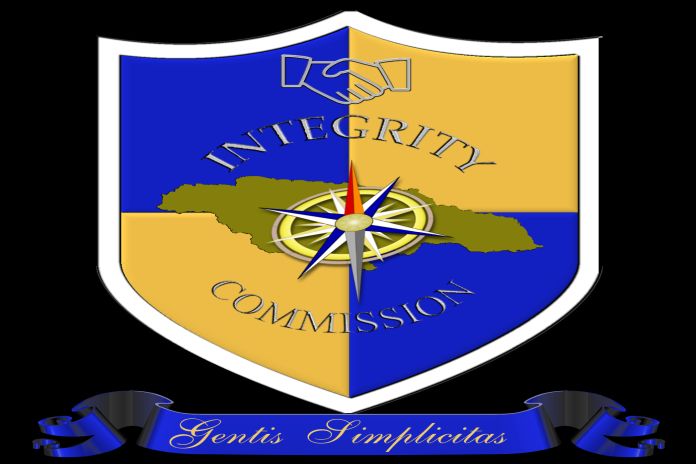KINGSTON, Jamaica – The Integrity Commission has initiated criminal prosecutions against two Jamaica public officials for breaches of the Corruption Prevention Act.
They are Patrick James, who was, at the material time, a senior motor vehicle inspector (acting), employed to the Island Traffic Authority, and Dr Gitanjali Baburam, who was, at the material time, employed to the South East Regional Health Authority (SERHA).
The matters came before the Court on April 19, 2021, in the Kingston and St Andrew Parish Court Criminal Division, in Half Way Tree. The Commission’s Prosecution Team was led by the Commission’s Director of Corruption Prosecution, Keisha Prince.
In the case of James, he is being prosecuted for his failure to declare, in his Statutory Declarations of Assets, liabilities and income, his ownership of three (3) motor vehicles, namely, a 2004 Honda Civic, a 2005 Nissan Tida and a 2006 Toyota Corolla Altis.
In the case of Dr Baburam, she is being prosecuted for her failure to file, without reasonable cause, Statutory Declarations for each declaration period from December 2012 to December 2017. Case summaries of the two matters are attached.
In the proceedings, Dr Baburam entered a plea of guilty on all counts. She is to be sentenced on Monday, June 7, 2021.
In the case of James, disclosure was effected on his Counsel, who requested an opportunity to peruse the documents in detail. The matter is again set to be mentioned also on June 7, 2021.
In the Commission’s 2019/2020 Annual Report, the Commission’s Chairman, the Hon. Justice (Ret’d.) Seymour Panton, had issued the following warning:
“All public officials who are required to file statutory declarations are being warned by this means to comply, as failure to comply will result in prosecution. No individual public official or any category of public officials will be exempted from prosecution”.
On February 12, 2021, the Commission’s executive director, Greg Christie, had also said that the Commission had adopted a zero-tolerance policy regarding compliance. He said then that “there will be no exceptions”, warning that “laws are promulgated by the parliament to be complied with and enforced, not to be arbitrarily ignored, disregarded or set aside”.
The Integrity Commission was established by the Integrity Commission Act of 2017, and came into operation in February 2018. However, its Corruption Prosecution Division was not operationalized until late 2020, following the appointment into office of the Commission’s substantive executive team and the recruitment of prosecutors by the Commission.
The Prosecution Division is presently staffed by a nucleus of officers that is composed of its director, Prince, two senior prosecutors, one prosecutor, a legal secretary and a paralegal.





